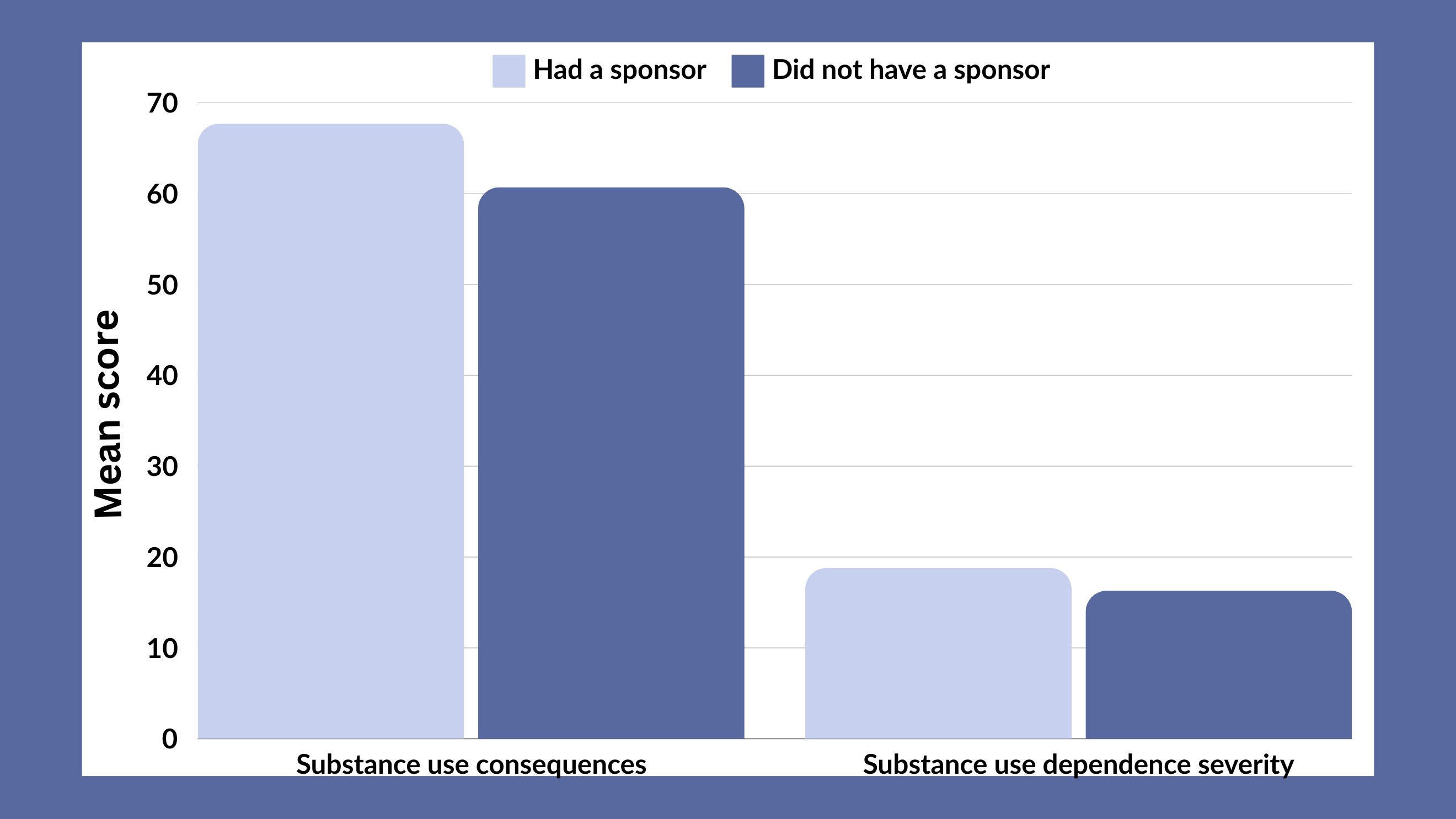Editor’s Note: We’re proud to announce that Dr. John Kelly will speak on the topic of “12-Step Recovery: Looking 20 Years Back and 20 Years Ahead” at this fall’s Addiction Medicine continuing medical education course, presented by the Division on Addiction through Harvard Medical School. In today’s article, we review research from Dr. Kelly and his colleagues at the Recovery Research Institute at Massachusetts General Hospital.
An individual’s pathway to recovery from a substance use disorder might include self-help, spiritual guidance, 12-step mutual help organization (12-step), professional help or some combination of each. For those who seek professional help, “therapeutic alliance” or the strength and quality of the relationship between the therapist and patient, is important. Being part of a 12-step group such as Alcoholics Anonymous (AA) often includes having a sponsor, someone who has been successful in their recovery and can provide guidance and support. However, far less is known about the alliance fostered between individuals and their sponsors. This week, The DRAM reviews a study by John Kelly and his colleagues that examined the link between sponsor alliance and recovery.
What was the research question?
Does a stronger sponsor alliance lead to enhanced 12-step involvement and abstinence?
What did the researchers do?
Kelly and his colleagues conducted interviews and surveys with 302 young adults after their admission into residential treatment. They followed up with these participants at 3-, 6-, and 12-months post discharge. The researchers asked about demographics, psychiatric symptoms and diagnoses, substance use, 12-step mutual-help participation, if each participant had a sponsor, and if each participant contacted their sponsor during the 12-month study period. Participants filled out the Sponsor Alliance Inventory[1] to assess the strength of the relationship with their sponsor. Kelly and his colleagues used hierarchical linear models (HLM) to examine if sponsor contact and alliance was related to greater 12-step involvement and abstinence from substance use during the 12-month follow-up period.
What did they find?
First, they found that participants who had a sponsor at any point during the study reported more severe substance use consequences and dependence at baseline than those without a sponsor (see Figure). The researchers then examined how having a sponsor predicted future outcomes. Having a sponsor was associated with increased 12-step involvement over time. Having contact and a strong alliance with that sponsor were both associated with increased 12-step involvement and increased abstinence over time. Next Kelly and his colleagues examined sponsor contact and alliance together. When looking at both aspects together, they found simply having contact with a sponsor predicted increases in 12-step involvement over time, whereas reporting a strong alliance with that sponsor predicted increased abstinence over time.
Figure 1. Mean substance use consequences and substance use dependence severity at baseline, as a function of having a sponsor at any point during the study (adapted from Kelly et al., 2016). Click image to enlarge.
Why do these findings matter?
These findings indicate that both having a sponsor, and having a strong relationship with one’s sponsor, are important for facilitating and supporting recovery from a substance use disorder. Those who choose to participate in a 12-step program without a sponsor might wish to reconsider or find other ways to secure social support.
Every study has limitations. What about this one?
Kelly and his colleagues recruited participants from a single residential facility. The sample was mostly white male young adults, limiting generalizability to other groups. The Sponsor Alliance Inventory was adapted from an existing scale measuring patient-therapist alliance. It is possible important items regarding the sponsor-sponsee relationship are missing from the Sponsor Alliance Inventory.
For more information:
If you or a loved one is concerned about a substance use disorder, please visit our Addiction Resources page.
For more information about the Recovery Research Institute including additional details about recovery and resources for those in need, click here.
— John H Kleschinsky
[1] Modified from the Working Alliance Inventory-Short Form.




